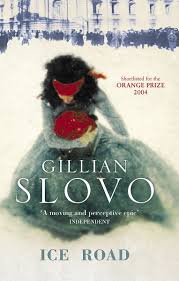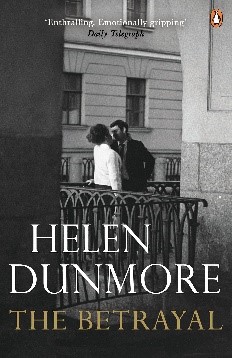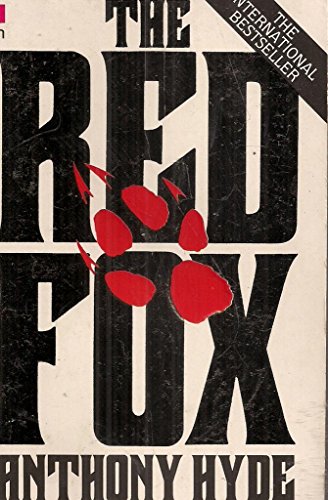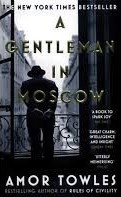
Gillian Slovo’s novel begins and ends in ice. Set in Leningrad, Ice Road follows about half a dozen characters through the decade from the early 1930s to the early 1940s.
Leningrad’s headline story over that period sees the death of one —Sergei Kirov, the city’s Party Leader assassinated in 1934—, followed by the deaths of many in the gathering brutality of Stalin’s purges, before unfurling to the prospective death of all in the genocidal 872 day Siege of Leningrad by the forces of Nazi Germany (1941-1944).
Readers who know even the outline of the Soviet Union’s path are aware of what is coming in the historical narrative as the novel progresses. Less evident, and —to Gillian Slovo’s credit— far less predictable than might be imagined, are the paths of her characters’ lives as they plot their courses through these times.
Continue reading

